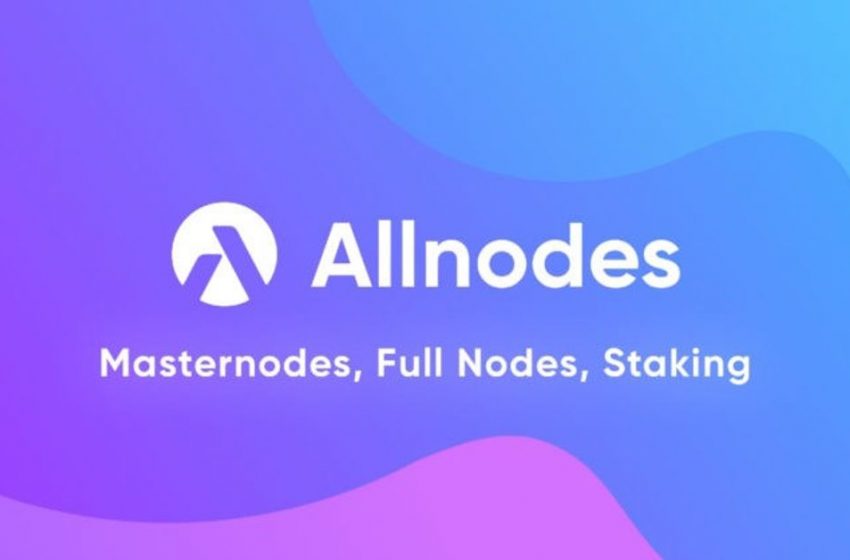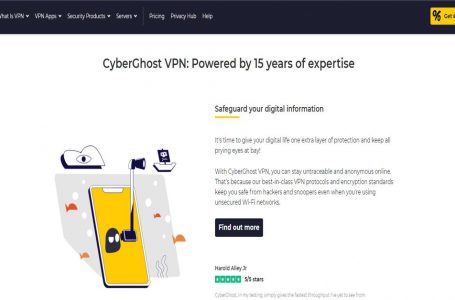Allnodes

Cryptocurrency trading is becoming popular nowadays, especially among the younger generation. Investors are constantly looking for safe and secure services to protect their digital assets. Platforms that offer simple and reliable hosting providers for their blockchain transactions are more attractive than other competitors and alternatives in the industry today. For users, novice and experts alike, Allnodes is a good choice.
What Does Allnodes Do?
Allnodes is a platform that offers accessible, reliable hosting and staking facility. Users can use Allnodes cloud service to host masternodes and full nodes. It also lets the users stake their tokens and earn rewards. One of the most reliable virtual private server (VPS) hosting providers currently available in the market maintains the platform. Network nodes are hosted in DigitalOcean and Linode servers that provide 99.90% uptime service-level agreement.
Allnodes won the “Best Masternode Hosting Provider” award from the respected 2020 Masternode Community Awards.
Founded in 2017 in Los Angeles, California, the company currently supports 22,644 hosted nodes with a total valuation of $3,882,118,501. At present, they keep 17 significant cryptocurrencies, such as Dash, NEM, Horizen, Defichain, Zcoin, Syscoin, and Stakenet, to name a few.
Allnodes offer 24/7 backup and client support. It has built-in official Telegram, Discord, and Slack bots that update the users’ node performance.
Platform Features
Allnodes offers the following hosting and staking services:
Masternodes
Allnodes set up masternodes and provide attractive rewards. Users can use the multi-layer monitoring system that assists them in backup and staying online at all times.
Full Nodes
The platform also provides complete node services in 15 cities worldwide. Users can choose for the services to set up a blockchain full node that offers fast, unlimited, real-time updates.
Staking
For staking services, Allnode supports various tokens like Ethereum 2.0 (ETH), Cardano (ADA), Polkadot (DOT), CRO, Kusama, Cosmos, Avalanche, Symbol, The Graph, Nebulas, and PIVX. Traders can also stake these tokens and earn awesome rewards. Some of these tokens have zero service charges.
Address Monitoring
Allnodes users can monitor their Masternode and the staking rewards of any address for the supported tokens.
Allnodes Bot
Built-in bots are also available to update the user on node performance through Telegram, Discord, and Slack.
Frequently Asked Questions
How much do Allnodes services cost?
The cost of the Allnodes hosting services varies based on the currency and its technical requirements. You can find the current prices on the Allnodes Pricing page.
How can I pay for service?
The available payment methods for Allnodes services are:
- Credit Cards
Apple Pay is supported
- PayPal
- Bitcoin & Altcoins
Allnodes accepts: BTC, LTC, CRW, BCH, DASH, ETH, EURS, PIVX, TUSD, USDC, SYS, USDT, XEM, XZC, ZEN, XRP
- Alipay
All payment methods are available in the Billing section of your account.
What are the differences between hosting plans?
Advanced Plan provides 99.90% Uptime SLA and up to 15 sites globally. If you want to support your coin, Allnodes recommend choosing the Advanced Plan. The Advanced Plan also offers priority support, API access, and free trial.
The Basic Plan also offers 99.00% Uptime SLA, but it is only available in one European location. It utilizes a shared, dedicated server and contains a significant number of nodes.
Bandwidth size:
Users of the Advanced Plan are given a high bandwidth of 1 Gbit/sec, while the Basic Plan holders have a minimum of 100 Mbit/sec bandwidth.
How am I billed for the hosting?
With the Advanced Plan, the user’s account is billed per hour capped at a maximum of 672 hours per month. Then, the accumulated charges are billed hourly. Invoices are released on the 1st day of every month. Surprisingly, there are no setup fees for Advanced Plan.
For the Basic Plan, users can prepay annually or monthly for Allnodes hosting services. Initial setup fees apply.
Masternode Payments
Understanding the reward system
When the Masternode is set up, it goes through the process of qualification first. The waiting period of the Masternode capability is different, depending on the coin. After the node is qualified, it enters the queue to receive the reward. However, the reward distribution system is quite random due to some security reasons.




